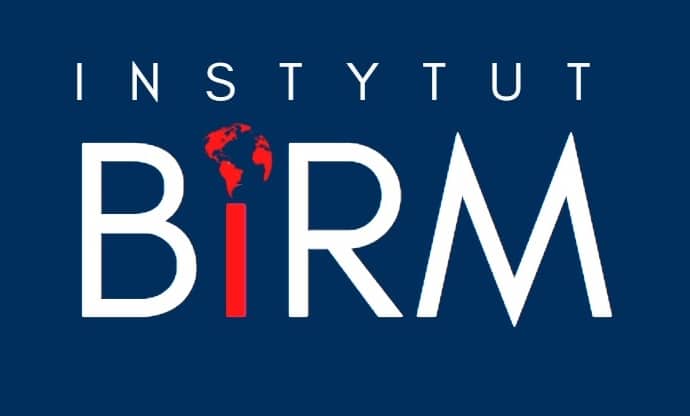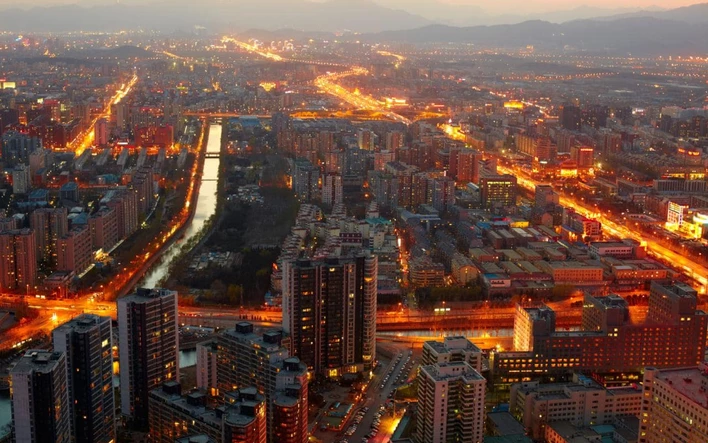Far East today and tomorrow – chances and threats
I would like to present briefly the most important areas of Far East security issues. The main aim of my speech is to show the security environment today and in the near future.
The 20th century and the beginning of the 21st was a time of Europe and North America. The world focused on wars, terror attacks and many other crucial matters concerning these two continents. Although Asia, including Far East, was also important, it stayed behind.
Speaking about Far East we should consider not only few countries of Middle East. Except for these the most important like China, Japan, North Korea, South Korea, eastern part of Russia we should also take into account the situation in their neighborhood especially in India and Pakistan. However the whole neighborhood of Far East has its significance. After the second world war it was the time when many new Asian countries were formed. Among them there were both Koreas and Peoples’ Republic of China.
Japan after losing the war and trauma connected with Hiroshima and Nagasaki bombings started to rebuild their country from the scratch. For the Far eastern countries it was very intense time to build their strength.
What do they look like today? Are they the threat to the rest of the world? What is the threat for them? Where are the chances for them?
Far East is very diverse. Under many conditions it has been facing many challenges which may occur as chances. In some way they can also be a danger.
The most important country among them is China. Nowadays China has been developing in fast pace and it is highly probable that in the next few years it might be the first super power in the world. Not only economically and militarily but also in the global way.
Xi Jinping decided to change the concept of Deng Sia Ping which was based on the rule that China mainly should have developed economic strength. This policy was supposed to be neutral and nonaggressive. Xi Jinping started to create China as a country which is capable to be opponent to the US. He implemented in China the offensive actions in different areas. China is not only economic power but also military, which is capable to use its forces in faraway places. China has been building and buying warships. China’s aim is to control the South China Sea, build and use the artificial islands with well-equipped military infrastructure. China has got two enemies: USA and Japan. China wants to dominate them. China is also a country with high process of developing technologies connected with security. Nowadays there is a technology race among USA, China and Russia. China is the closest to have artificial intelligence, robots which might be able to replace human- soldiers and commanders.
Japan as a defeated country after a war nowadays is the third economic power in the world and what is not well known the fourth in military. Although the Japanese constitution forbids the possession of armed forces, Japan has 250 thousands soldiers and the best military technology. It might sound crazy but Japan could be a challenge for China which possess 2,3 million soldiers during peace and 7 million during war. What is interesting Japan has been trying to become more independent and weaken the American influences.
North Korea has declared during the diplomatic talks with the US that will quit nuclear race. However still has nuclear programs. This very poor country presents a huge threat to Japan , US and the rest of the world. In my opinion we shouldn’t expect the total North Korea’s resignation from possessing nuclear weapon.
The assessment of the actions in Far East would take lots of time. These are the issues well known. That is why I would like to move to issues connected with the future. What will happen in Far East tomorrow? For sure China, japan both Koreas and India will become the most important area in the world, not the US and Europe.. They will dominate the world economically and demographically. The major challenges for Far East in second half of 21st century are: Demography.Energy.Ecology.Technological and military race.
In 2050 China is supposed to have over 1,5 billion people, India – 1,6 billion and the US – 400 million. The Japanese society faces the problem of ageing society and soon just as Europe will experience the shortage of labour. But Asia, especially China and India will be overpopulated. The far east Russia will face the demographic shortage which now constitutes an issue. The world will experience migration what can bring opportunities as well as risks.Energy issues have been an issue in Far East. If the world doesn’t find alternative energy sources, the major existing suppliers will have even bigger power. Nowadays gas is the most significant source. The half of world’s gas comes from Russia, Iran and Qatar. Among ten countries with the biggest gas deposits there isn’t China, Japan or any of Koreas. The same applies to the oil reserves. There isn’t China, Japan or any of Koreas between countries with the biggest oil reserves. The powers in this field are: Venezuela, Saudi Arabia, Canada, Iran, Iraq and Russia. At the same time China (13%), India (10%) with the US (28%) and Russia (18%) are the world’s coal tycoons.
Far East will face energy difficulties and also ecological especially in China using coal as a main energy (nowadays even Japan returns back to coal power plants). Far East will be forced to confront environmental threats. People wearing masks in Beijing are the proof of this.
As far as I am concerned the major Far East problem is the technology and military race. Experts from America and China claim that in few years there will be a war. It might be a regional conflict in order to get the domination in Asia but no one knows how it will develop.Technology race if brings the artificial intelligence development, will cause the revolution in the world. This is the main threat from China to the US and Russia. The future of Far East hides many questions for example:
- Will both Koreas be reunited?
- Will China be able to consolidate neighborhood Asian countries?
- Will the changes in Pakistan lead to terrorism spread?
- Who will win the competition in Central Asia?
- Will India join to independent superpowers?
- In which direction will Japan develop?
Far East today is important, tomorrow will be much more important, for many countries, for Europe also.


Dodaj komentarz